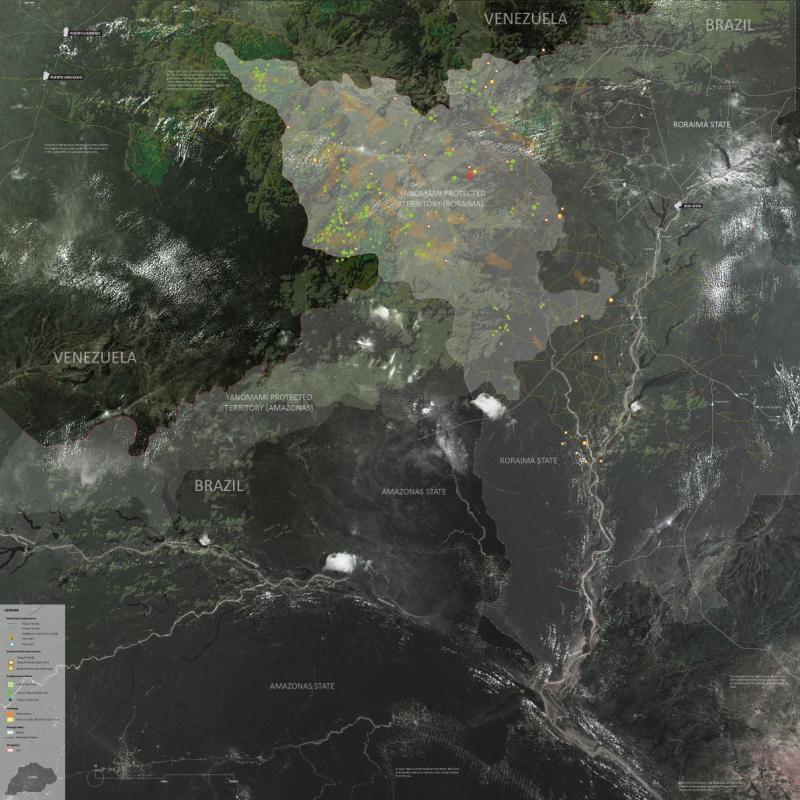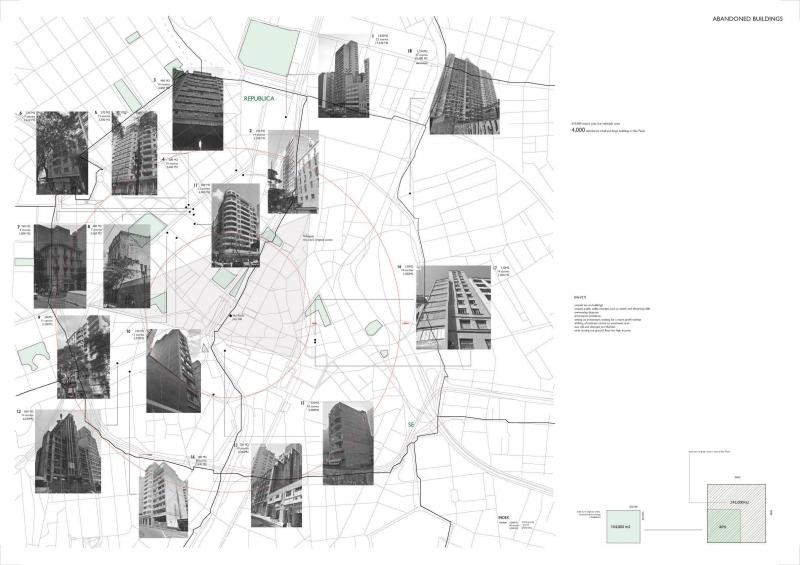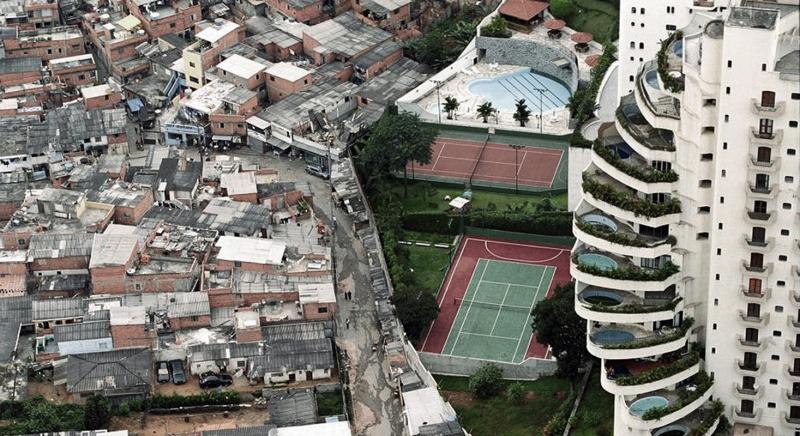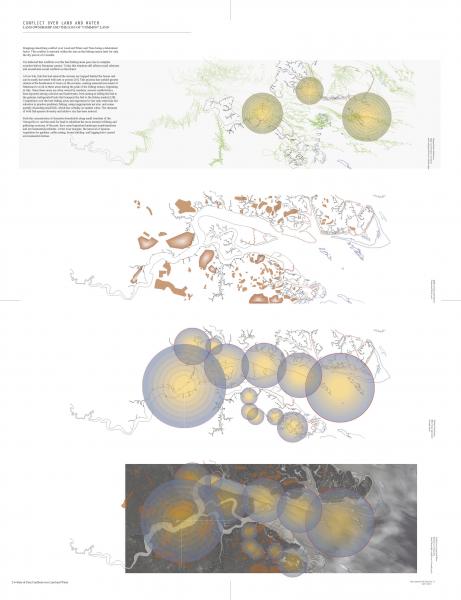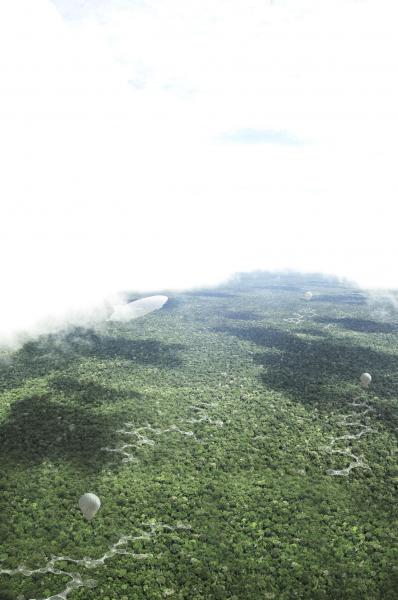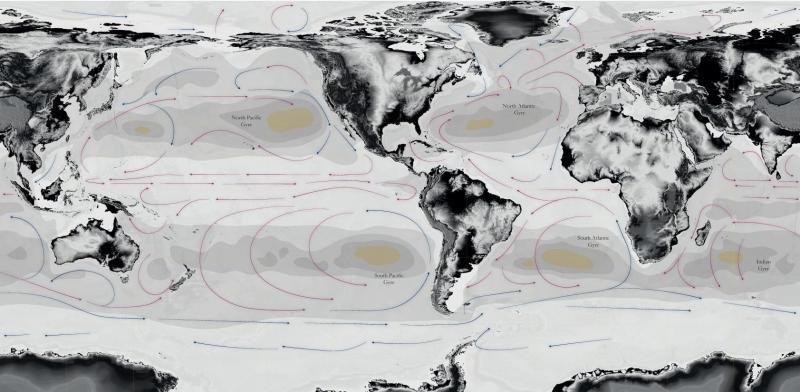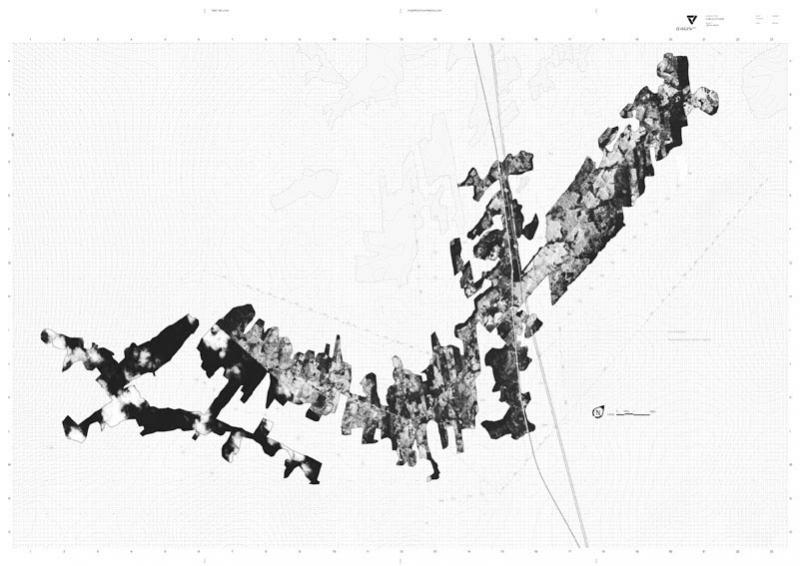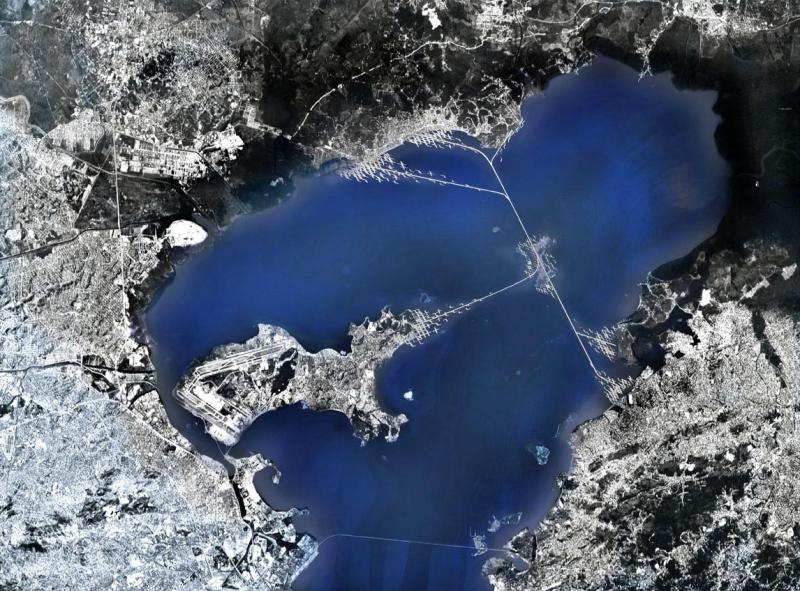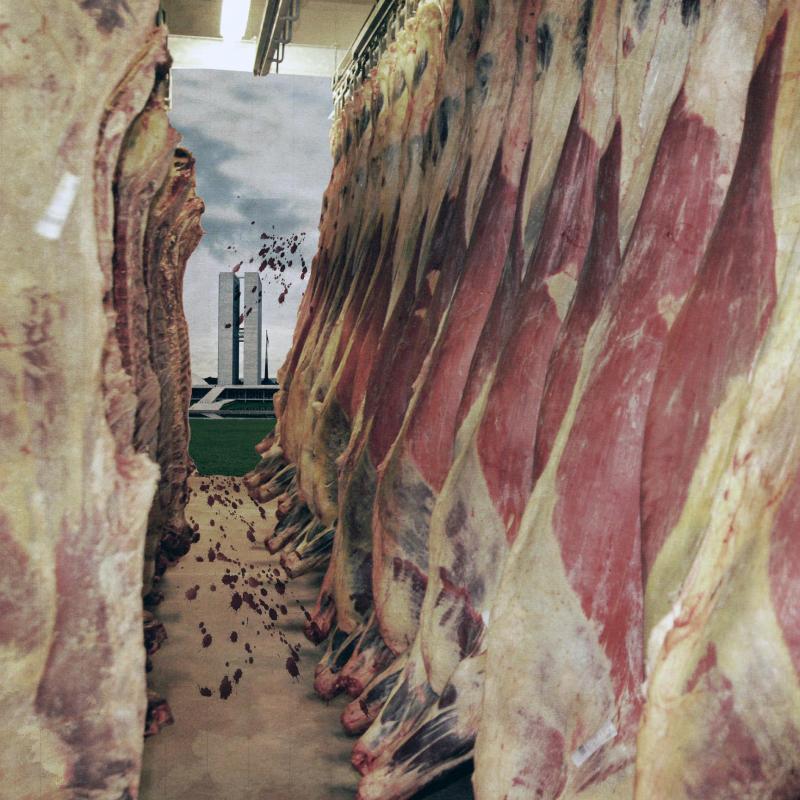In Diploma 17 we set out to further our understanding of the socio-political implications of infrastructure at the fringe of the metropolis within an increasingly complex and intertwined environment. The unit is interested in urban prototypical settlements as an organisational tactic capable of both stimulating economically viable synergies and of defining public space within the context of specialised, productive territories.
This year we immersed ourselves within the context of Brazil’s dynamic growth, not only for its booming industries, extensive natural resources and widespread agricultural facilities, but also because of our interest for the discriminatory territorial conflicts leading to deforestation, the creation of slums, severe lack of infrastructure and vast ungoverned territories that are the symptoms of an unequal and heterogeneous society. Students developed their own research agendas into geopolitical and socio-economic issues related to the critical territories that they selected, which became the framework for developing their specialised urban scenarios.
The proposals of Luke and John seek to reintroduce a level of governance through locally devised productive systems that infiltrate and transform larger natural territories through phased infrastructural manipulation. Brian’s project demonstrates how a considered coupling between existing transport infrastructure and industrial and civic programmes can invigorate afflicted areas in the favela do Alemao. The projects of Valeria and Maria speculate on gradually emerging territories based on additive material systems that produce variable occupancies. Yvonne’s hanging settlement introduces a temporary occupation of the Amazon forest canopy speculating on environmental surveillance and time-limited harvesting as sustainable conservation.
The work produced by Diploma 17 witnessed a dynamic and symbiotic fusion between architecture and infrastructure through integrated, performance-driven systems activated by socio-economic and environmental agents through time-based growth and transformation.
Visiting Critics
Sebastian Andia
Mark Campbell
Javier Castañón
Vicki Chen
Barbara Ann Campbell-Lang
Mollie Claypool
Alan Dempsey
Yannick Denayer
Constantin Dohler
David Erkan
Kenneth Fraser
Kostas Grigoriadis
Thomas Jensen
Tobias Klein
Jonas Lundberg
John Palmesino
Christopher Pierce
Ricardo de Ostos
Ann-Sofi Rönnskog
Theodore Spyropoulos
Brett Steele
Thomas Weaver
